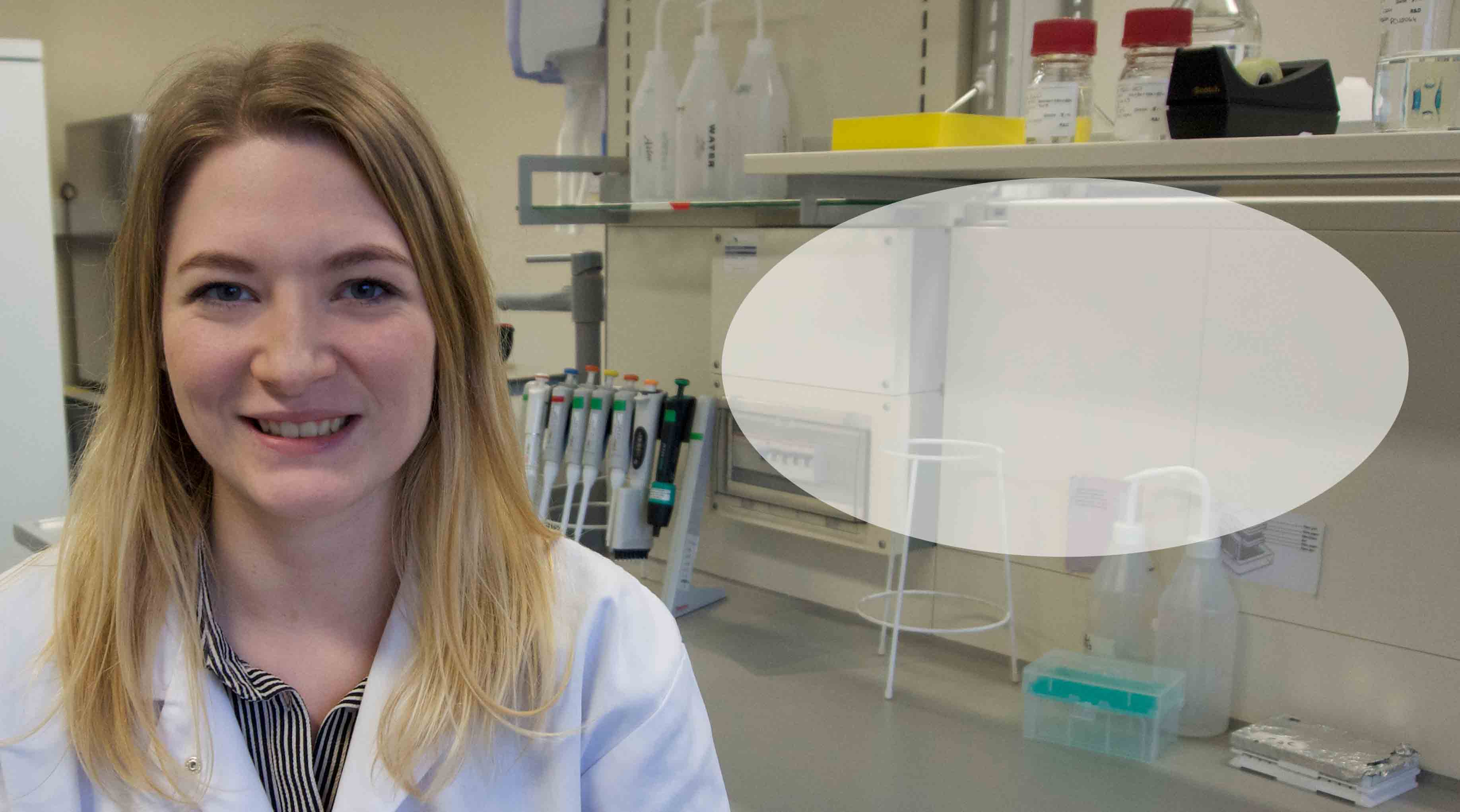Infections and various immune-inflammation mediated conditions are characterized by the activation of the complement system. Antibodies activate the classical pathway (CP), whereas repetitive carbohydrate structures (such as on the surface of pathogens like bacteria or viruses) give rise to the initiation of the lectin pathway (LP). The activation state of the various complement pathways can individually and specifically be measured by levels of the generated split products or protein-protein complexes. There are several well-known and widely used complement activation biomarkers currently in the market, but specific markers for the early CP and LP are still missing. C1 inhibitor (C1INH), forming covalent linkage with active proteases such as C1s (CP) and MASP-1 (LP), is a promising target for the development of such novel immunoassays. Monoclonal antibodies against human C1INH, C1s and MASP-1 have already been generated in the lab, and the selection of appropriate clones to set up sandwich immunoassays to measure C1INH-C1s, and C1INH-MASP-1 covalent complexes has already started.
Development of sensitive and specific assays appropriate for the quantitative measurement of the above complexes in human plasma and serum samples will be done. Afterwards the newly developed assays will be validated using patient’s samples with various kinds of opportunistic infections and further conditions affecting CP/LP activation. If the newly developed assays turn out to be specific and generate clinically meaningful results, commercialization (assay development at Hycult Biotech) will be done.
Lisa is also a Marie Sklodowska-Curie fellow of the EU funded European Joint Doctorate CORVOS (COmplement Regulation and Variation of Opportunistic infectionS). Therefore, she is also a PhD student of the Semmelweis University in Budapest, Hungary.







